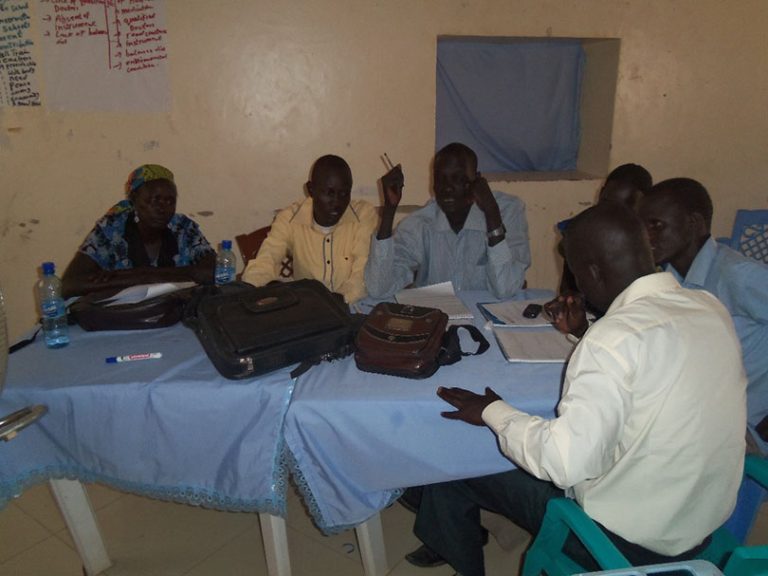
Protection
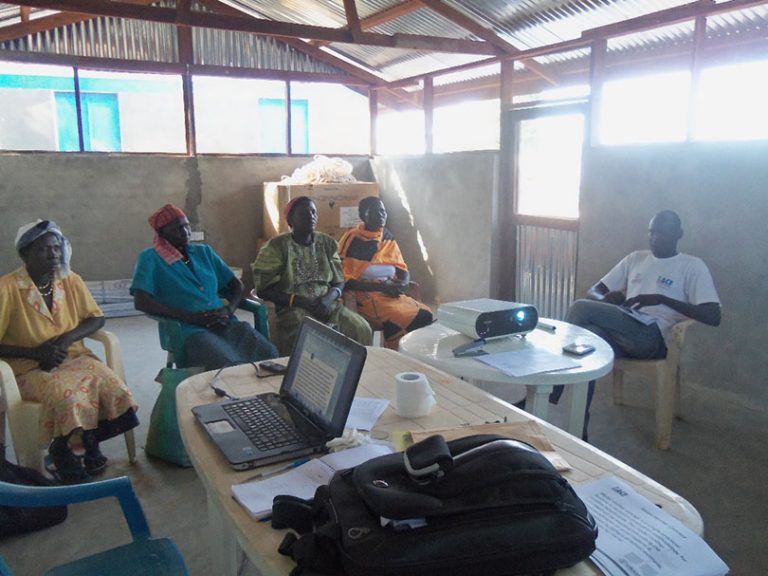
Food Security
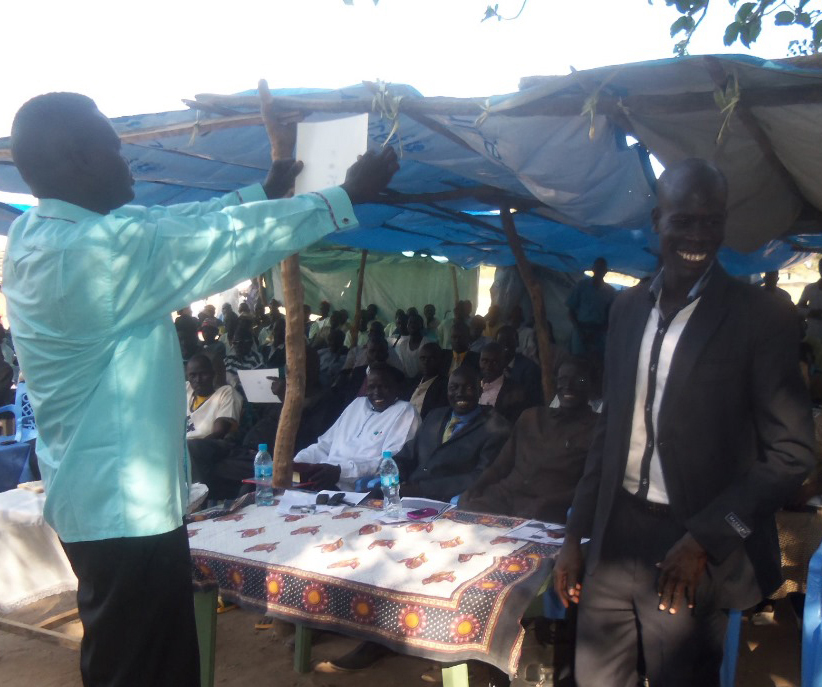
Youth Empowerment:

Water, Hygiene and Sanitation:
1. providing and improving reliable, safe and clean water access.
2. providing and improving sanitation; and
3. promoting safe hygiene practices.
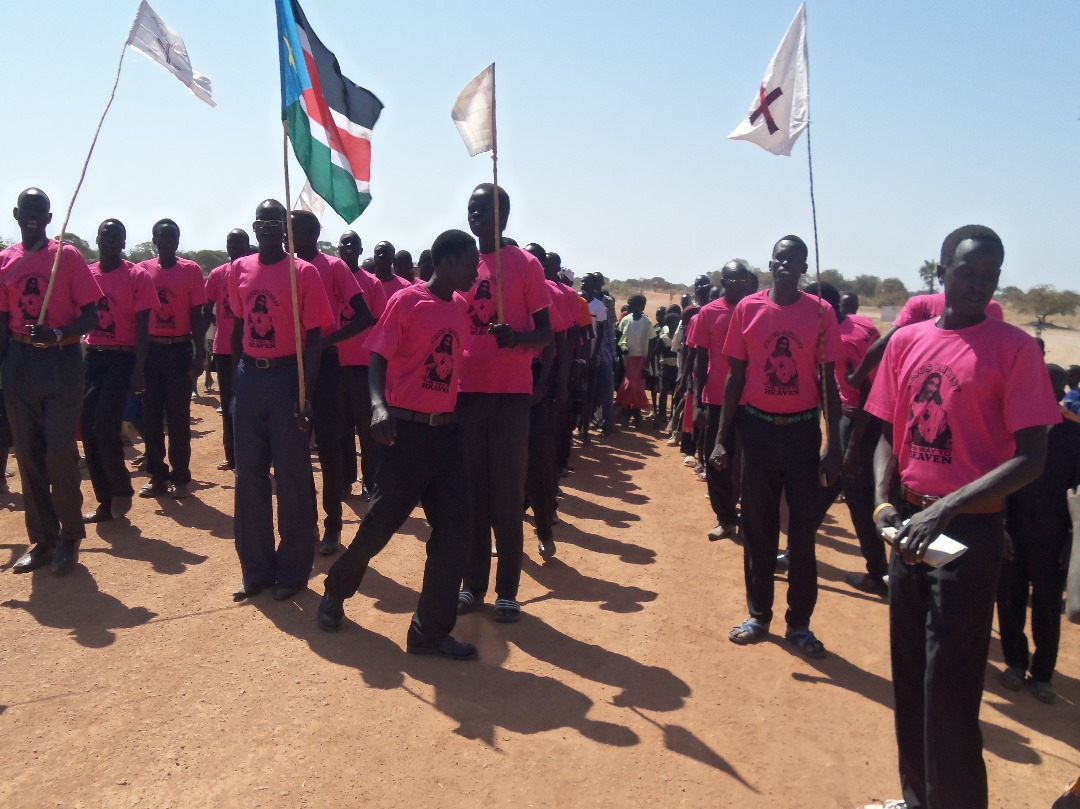
Education
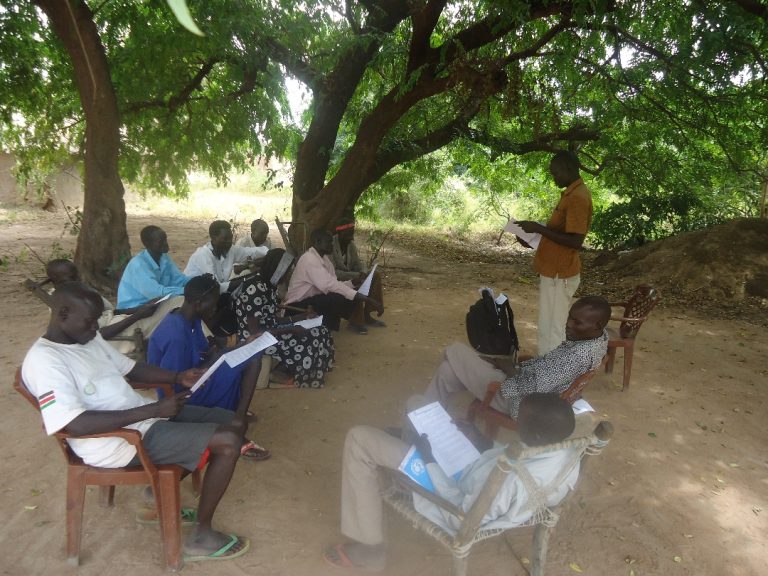
Research

Health services Support

Supporting Land Governance and Administration:
Technical support through capacity building, systems strengthening and material support.

Climate change and environmental respect:
The primary causes of deforestation identified in South Sudan include use of fuel sources (charcoal and firewood), mechanized agriculture, rain-fed and shifting agriculture, drought and climate change, overgrazing and fires as well as conflict impacts. PARA contributes to the change through awareness creation on the importance of environmental services, appropriate climatic actions

Providing adequate housing solutions:
Through assistance for securing tenure, advocating for adequate services, supporting due process on access to land, improving rental services, providing legal aid

